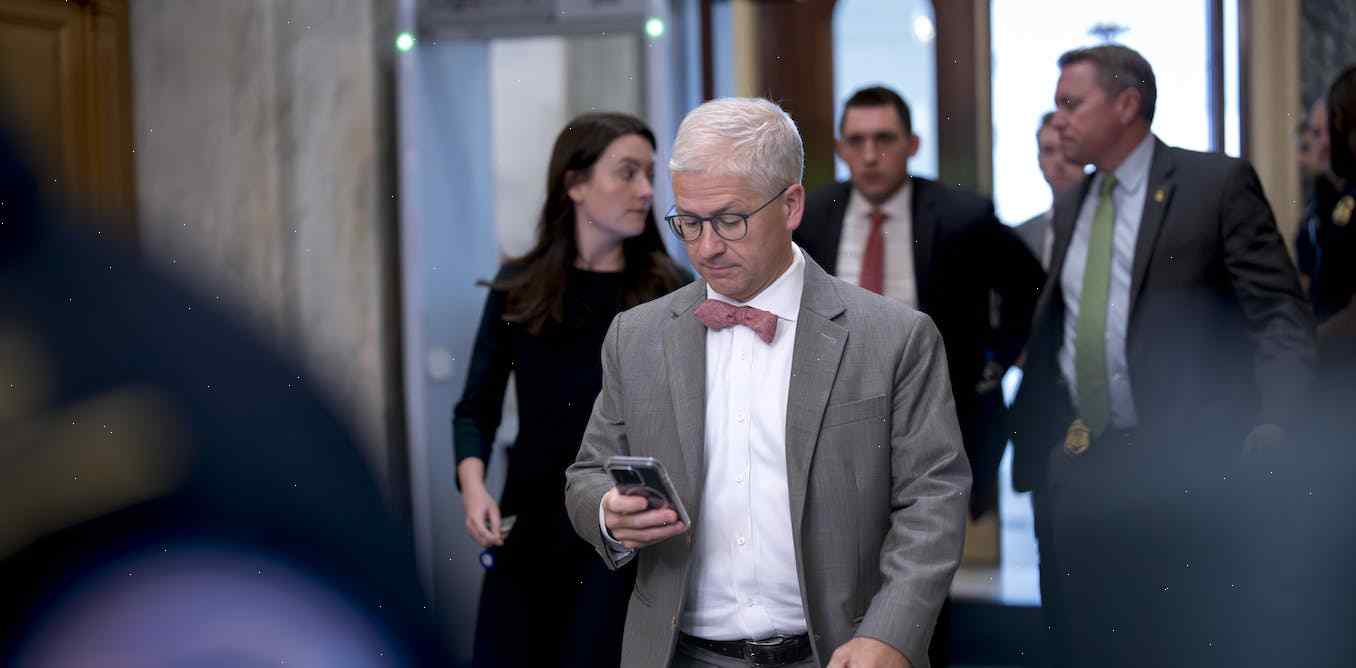The political landscape in Israel has been tumultuous in recent months, with the country facing an unprecedented crisis following the announcement of Prime Minister Benjamin Netanyahu’s intention to annex significant parts of the West Bank. As tensions rise and the international community voices its concerns, the spotlight has shifted to the United States and the Republican Party’s handling of the situation. With the House Speaker role still vacant, the GOP is under mounting pressure to take action and address the issue.
At the heart of the matter is the longstanding relationship between the United States and Israel. Historically, the two nations have enjoyed a strong bond, built on shared democratic values and strategic interests. However, the current administration’s stance on Israel’s expansionist policies has sparked debate and raised questions about the future of this alliance.
The Trump presidency has been marked by a distinctly pro-Israel approach, with key officials such as Jared Kushner and Mike Pompeo openly supporting Netanyahu’s agenda. This has led to a perception that the United States is turning a blind eye to Israel’s actions, including the continued occupation of Palestinian territories and the annexation plans. The silence from the Republican Party on these issues has been deafening, and many see their inaction as tacit approval.
In light of these developments, the vacancy in the House Speaker role has become increasingly problematic. The position has remained unfilled since Nancy Pelosi’s departure earlier this year, leaving a power vacuum that has hindered the Republican Party’s ability to effectively address pressing domestic and foreign policy concerns. The lack of leadership has also emboldened extreme factions within the party, further exacerbating the situation.
The Israeli-Palestinian conflict is a complex and deeply nuanced issue, requiring thoughtful consideration and diplomatic finesse. It demands a comprehensive approach that takes into account the legitimate aspirations and grievances of both sides. Unfortunately, the current political climate in the United States appears ill-equipped to tackle this challenge.
The onus now falls on the Republican Party to fill the House Speaker role with a leader who can navigate these treacherous waters. They must select a candidate capable of fostering dialogue, promoting understanding, and working towards a peaceful resolution. The time for partisan bickering and political posturing is over – the stakes are too high, and the consequences of inaction too great.
Moreover, the Republican Party must recognize that their inability to address the Israeli-Palestinian conflict has broader implications beyond the Middle East. The world watches anxiously, wondering if the United States will uphold its commitment to justice, human rights, and international law. Failure to do so risks damaging America’s reputation and influence globally, potentially creating a power vacuum that could be exploited by rival nations.
In conclusion, the crisis in Israel highlights the urgent need for a House Speaker who can provide guidance and direction in these uncertain times. The Republican Party must put aside internal squabbles and ideological differences to choose a leader who places the nation’s interests above all else. By doing so, they can reassert America’s role as a global force for good and pave the way for a lasting solution to the Israeli-Palestinian conflict. The clock is ticking – it’s time for the GOP to step up and show their mettle.

